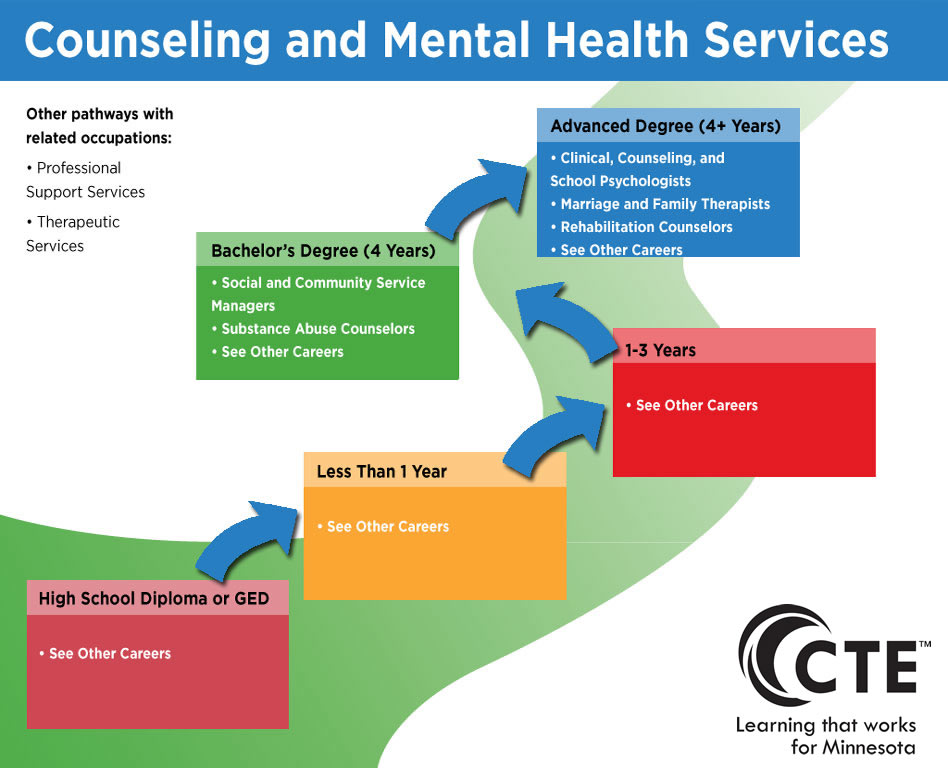
An individual or group that works together to promote optimal mental and physical health, a mental health counselor is someone who supports people in a variety of ways and with different goals. Counselors work in a variety of settings, including private homes, community centers, hospitals and other locations.
The counseling profession is growing in many areas of the United States and abroad. Counseling professionals are responsible for a variety of tasks, including providing education, training, practice and certification in a variety of areas. It is important for counselors to be highly skilled in their specific areas of practice and education so they can provide high-quality services to their clients.
Being a professional counselor requires training and expertise in psychology, counseling and related subjects. Students who are interested in entering the field often take part in intensive courses designed to prepare them for their chosen profession. These programs include classroom instruction as well as individual and group counseling. Most programs are five years long, but some schools will allow students to complete them in less time, or can allow students to complete them more quickly.
Mental health counselors must have a wide range of knowledge in mental illnesses, disorders and mental health practices. Students should also have a degree in psychology or another related field. Many schools will require students to complete courses in community psychology or other related topics before they can work as counselors.
Counselors must also be able to communicate well with their clients. They must also have excellent interpersonal skills. Clients often expect their counselors to be compassionate and caring, yet they are expected to be knowledgeable and understanding. This is why it is important for a counselor to complete continuing education courses.
Counselors are also required to have a license. This license must come from the state in which they are licensed and they need to pass a background check, as well as an exam. In most cases, counselors are not allowed to practice in other states unless they have a license in their state. While some states do allow them to practice privately in other states, many states do not.
When working in a mental health counseling setting, counselors must be certified by the American Counselor Association. Some states require counselors to complete a four-year degree program in mental health counseling before they can become certified. Although there are no national or state regulations on the level of education required, counselors should be at least a master’s level in counseling and have completed a minimum of two years of study in the mental health counseling.
The life of a mental health consultant is filled with many responsibilities. This includes helping others achieve health and well-being through counseling and therapy, education about mental illness and disorders, working with mentally disabled people, and protecting those who have social and personal difficulties.
Because counselors deal with people on a regular basis, they may be asked to provide personalized therapy to clients who are struggling with mental health problems. To be successful, the therapist must be skilled in this area. This skill is also required when they are referred for occupational therapy.
Some schools also require counselors to complete post-graduate clinical internships. These interns will learn how to work with clients with mental illness and mental health problems. These interns can work as social workers, psychiatrists, or psychologists.
There are several mental health consultant positions that do not require a college degree. These positions include some positions in hospitals and long-term care facilities. These positions often involve the elderly and disabled.
Some schools have mental health counselor positions that do not require training or certification. These positions include positions such as administrators, social workers and educators. Many schools also employ counselors to work in nursing homes, rehab centers, and outpatient mental health clinics.